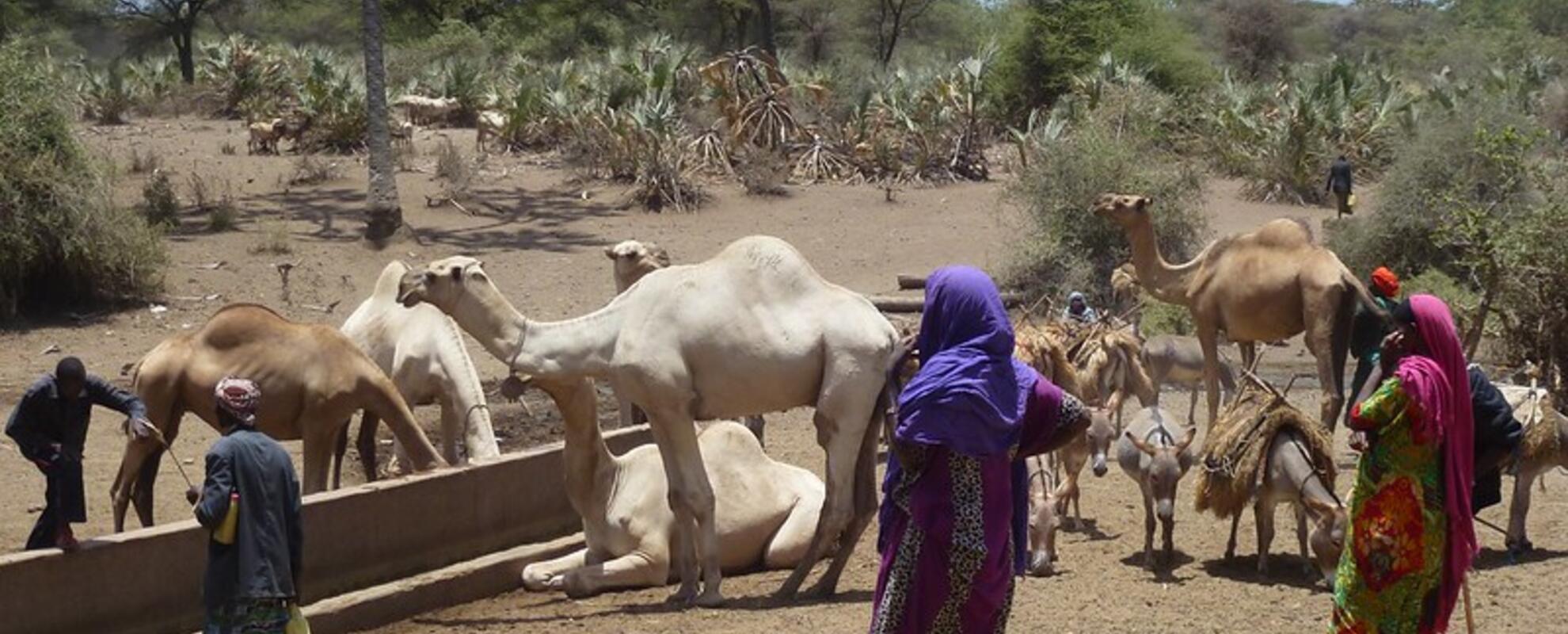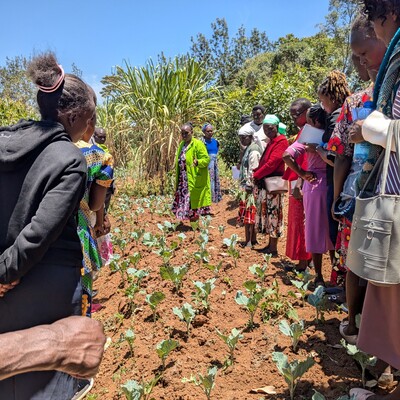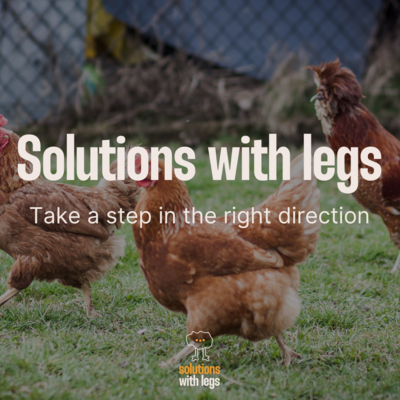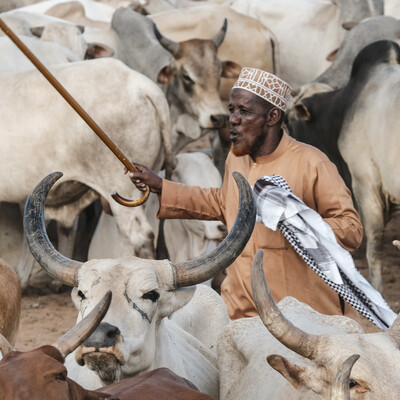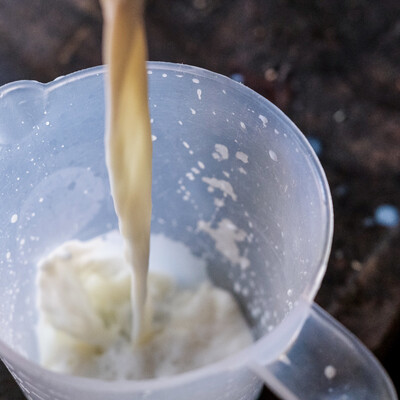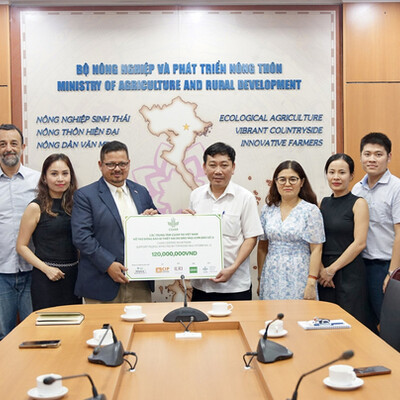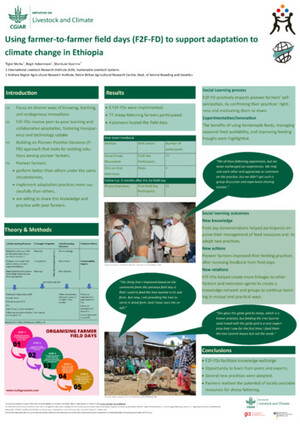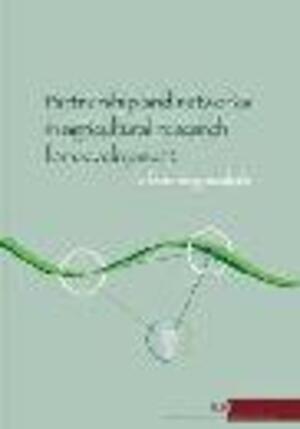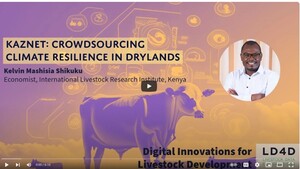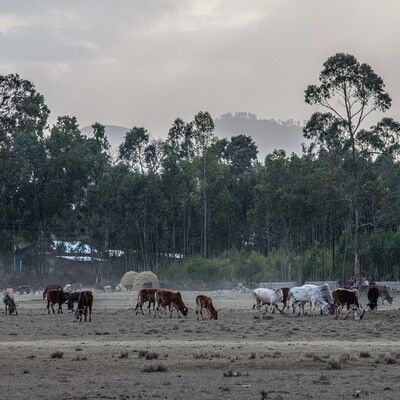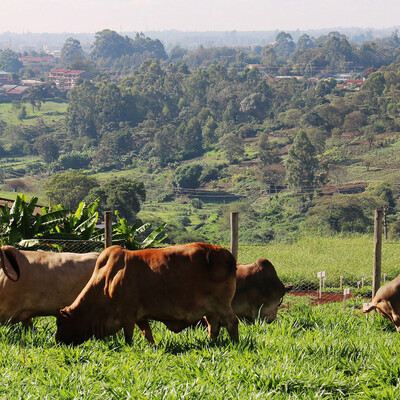
Role of pastoralist social networks in coping with crises: lessons from food aid interventions in Ethiopia
Originally published on the website of the CGIAR Research Program on Policies, Institutions and Markets.
For many humanitarian and development actors, a household is presumed to represent the most appropriate social unit for aid delivery. However, pastoralist family groupings are far more complex and dynamic than traditional households. They are especially important during the times of crises, such as drought, particularly in the way they facilitate sharing of resources including food aid.
Read more about a recent CGIAR study ,led by researchers at the International Livestock Research Institute, which explores issues surrounding aid delivery in pastoral communities, particularly during drought and provide guidance to humanitarian and development aid actors.





